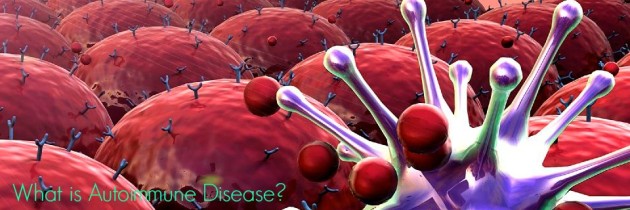What is Autoimmune Disease?
Major Function Is To Protect You
Autoimmune disease is a dysfunction of the body’s immune system. The major function of the immune system is to protect you from environmental agents such as microbes or chemicals, thereby preserving the integrity of the body. The immune system protects you by attacking and destroying invading microorganisms (bacteria, viruses, fungi) and identifying foreign objects such as toxins or immune reactive foods. It then breaks down or pushes them out like a sliver under your skin. Basically, autoimmune conditions are caused by the immune system going haywire and attacking itself.
Two Methods Of Protection
1. Cellular
First, the immune system identifies a foreign agent and destroys it with white blood cells and other specialized cells. This can take a significant amount of time during which the invader can get established increasing the damage to the body like in an abscess.
2. Antibody
Secondly, once an invader or chemical have been identified, the immune system then produces an antibody which will quickly identify that same foreign invader and very quickly activate the immune system if the foreign body is encountered again in the future.
A Little History
Autoimmune disease seems to be a phenomena of modern life and is very complicated. It wasn’t even identified as a disease process until the late 1950’s. That doesn’t mean that it didn’t exist before then, it just wasn’t recognized as immune system dysfunction. It is affecting more people at younger ages which can be chronic, debilitating, and life-threatening. There are more than eighty illnesses caused by autoimmunity.
Common Autoimmune Diseases
The list includes: chronic fatigue, fibromyalgia, Sjogren’s, rheumatoid arthritis, psoriasis, multiple sclerosis, myasthenia gravis, lupus, Graves disease, Hashimoto’s thyroiditis, eczema, celiac disease, Crohn’s disease, and peripheral neuropathy.
Autoimmunity And Chronic Inflammation
In autoimmunity, the patient’s immune system is activated against the body’s own proteins. In chronic inflammatory diseases, neutrophils and other white blood cells are recruited by damaged cells that release cytokines, leading to more tissue damage. Cytokines are small protein molecules that act as messengers between cells and help alert the immune system to fight disease.
Why the immune system starts damaging the body’s own tissues is poorly understood. But, the fact that your immune system drives the inflammatory process in disease is well established. The inflammation process is actually necessary to heal damaged body tissues. For example, when you have a cut in your skin, it is the normal inflammation process directed by the immune system that heals the wound. This is called the acute inflammatory response.
Remove The Triggers
If the cause of the inflammation is not removed, inflammation continues. Chronic inflammation is well documented to be the cause of cardiovascular disease, cancer, strokes, autoimmune disease and plays a role in almost all chronic diseases. Factors which help trigger the autoimmune response will be discussed in the blog titled “What Triggers Autoimmune Disease”






